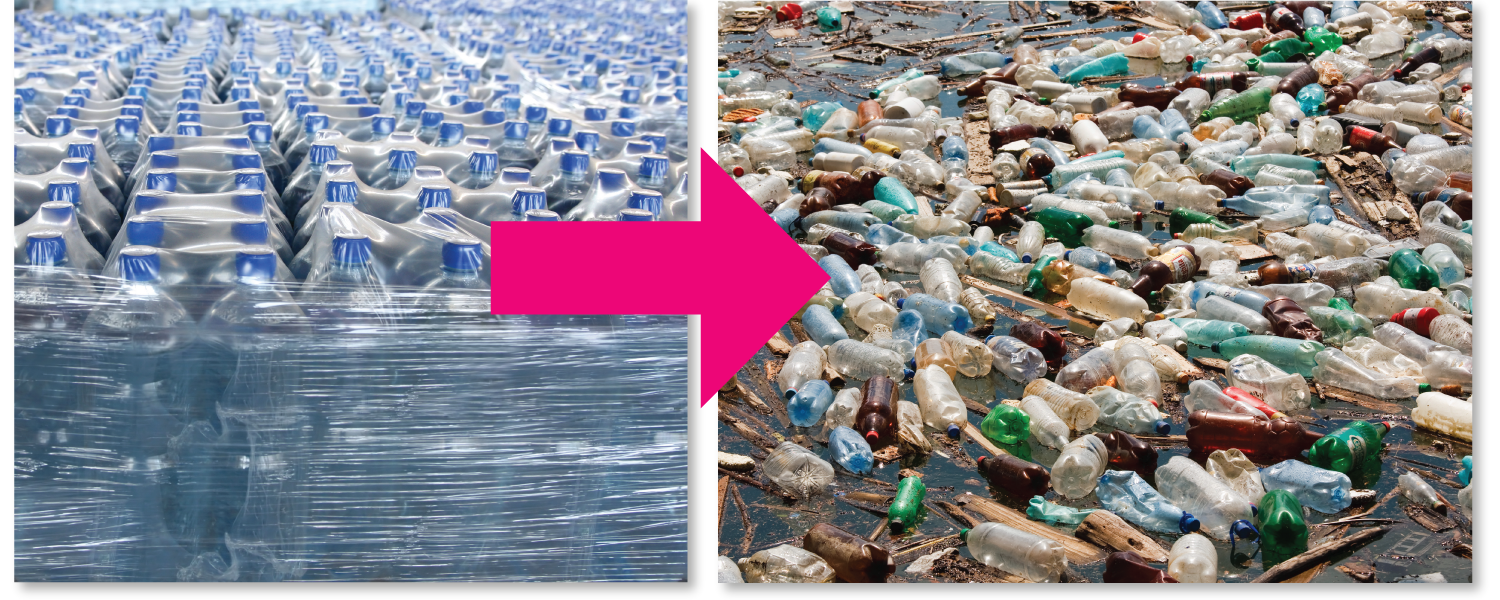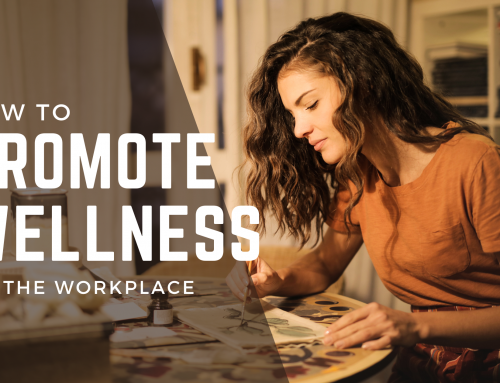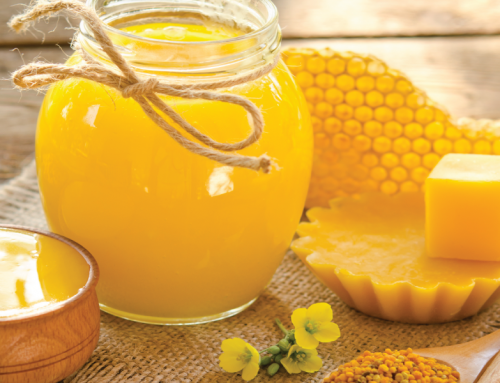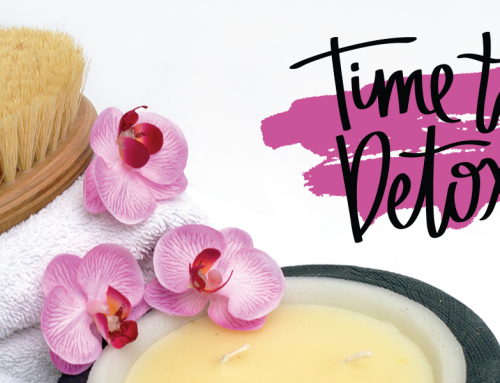How many plastic water bottles do you use in a week? Probably many more than you think and probably at a much higher detriment to yourself and our environment.
Plastic water bottles are made with Bisphenol A (BPA), a very toxic material that makes the plastic hard and clear. This leaches into the water and obviously makes its way into your body. The bottle caps and seals are not recyclable and they end up finding their way into our environment as litter where they are eaten by birds and animals. Bottled water does not have to adhere to regulations to ensure its purity or safety for consumption, which is also very concerning.1
Sadly, according to National Geographic, “Plastic trash is found in 90 percent of seabirds. The rate is growing steadily as global production of plastic increases.”2 One bird who perished and was later examined had 200 pieces of plastic in its system.
There are also the floating islands of plastic in our oceans which was once thought to be an urban legend. An area in the north Pacific Ocean called the Great Pacific Garbage Patch, gathers and collects garbage. This area houses 705,000 tons of floating garbage – the majority being made of plastics that are not biodegradable. Additionally, much of it sinks, so just imagine how much of a trash heap is also building up on the ocean floor!3
What is the solution?
Try to reduce your consumption of plastic water bottles or stop using them altogether! There are many glass and stainless steel options that are reusable and can make a difference to our environment and to you! Consider purchasing a purification system in your home to ensure your tap water is safe and delicious ~ not only for your health ~ but for the health of our planet.
Sources:
1 – http://naturalsociety.com/the-bottled-water-deception/
2 – http://news.nationalgeographic.com/2015/09/15092-plastic-seabirds-albatross-australia/
3 – http://education.nationalgeographic.org/encyclopedia/great-pacific-garbage-patch/
Jo-Anne Richardson, Registered Holistic Nutritionist & Energy Medicine Practitioner
Jo-Anne works with Fournier Homeopathic & Integrative Health to provide online education for clients and patients. Her interest in healthy, joyful living is demonstrated in her writing, coaching and teaching. Her goal is to improve the health of her community by empowering you with knowledge, support and new ideas.
Looking for more tips and information on holistic health and living? Like our Facebook page at https://www.facebook.com/FournierHealth and follow us on Twitter https://twitter.com/FournierHealth






Leave A Comment